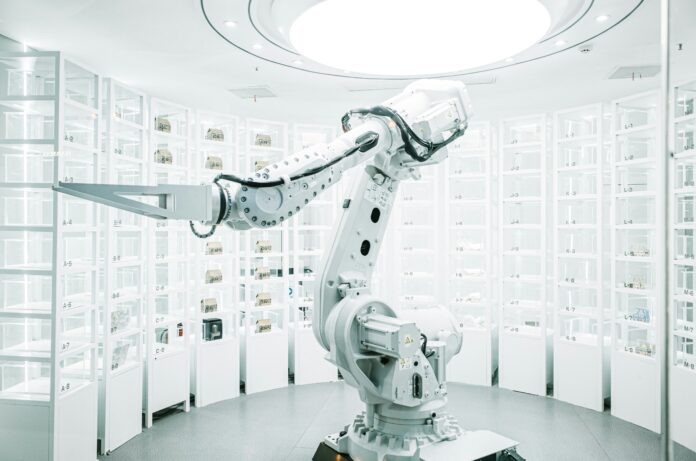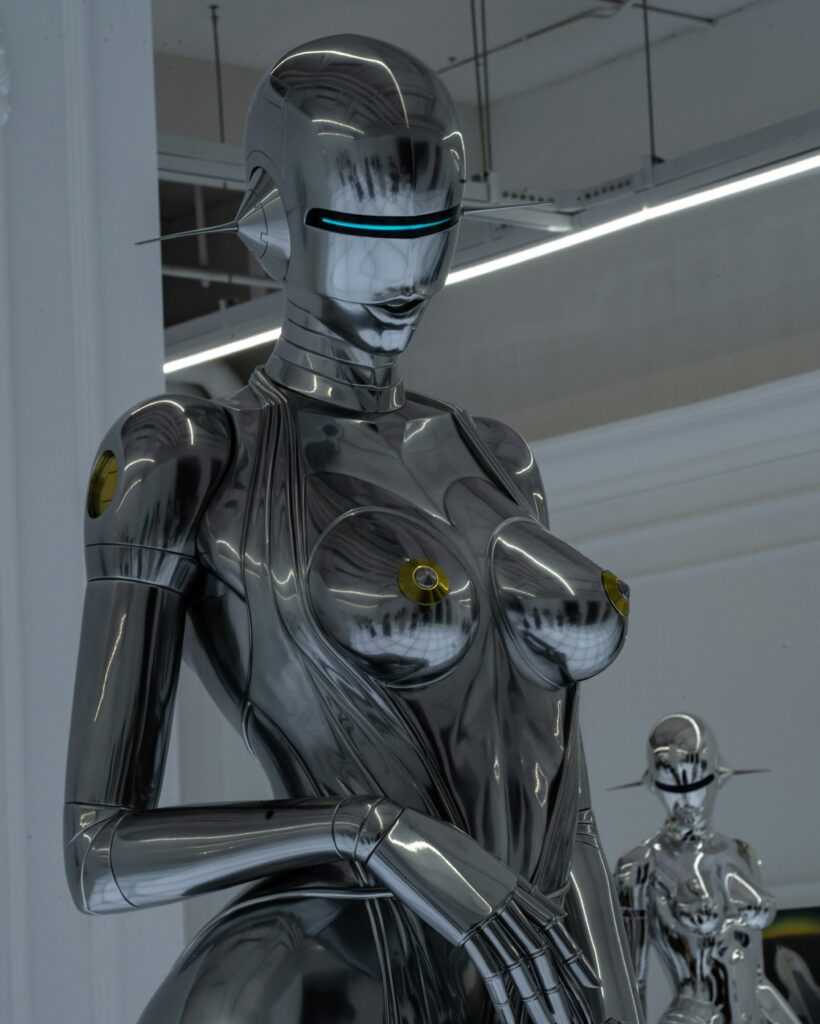In recent years, artificial intelligence (AI) has rapidly evolved from a futuristic concept to a fundamental aspect of our everyday lives. Once confined to sci-fi movies, AI now powers everything from voice assistants like Siri and Alexa to sophisticated algorithms that personalize our social media feeds and shopping experiences. As AI continues to advance, its influence on our daily routines, industries, and societal structures is set to grow even more profound.
AI’s Role in Personalizing Experiences
One of the most significant impacts of AI is its ability to personalize user experiences. Whether it’s recommending the next TV series to binge on Netflix, curating a Spotify playlist tailored to your tastes, or suggesting products on Amazon based on past purchases, AI algorithms analyze vast amounts of data to predict what we might want or need next. This level of personalization isn’t just limited to entertainment and shopping. In the near future, AI could also transform how we interact with healthcare providers, education platforms, and even our homes.
Smart home technology, powered by AI, is already revolutionizing how we live. Imagine a home that adjusts the lighting and temperature based on your mood or a fridge that suggests recipes based on its contents. The integration of AI in daily life is set to go beyond convenience, potentially enhancing our quality of life by making everyday tasks more efficient and enjoyable.
Transforming Industries Through Automation
AI is also reshaping industries by automating repetitive tasks and streamlining complex processes. In sectors like manufacturing, logistics, and finance, AI-driven systems can analyze data at a scale and speed that humans simply cannot match. This not only improves efficiency but also reduces errors, cuts costs, and allows companies to allocate resources more effectively.
However, with this automation comes a significant ethical dilemma: job displacement. As AI takes over routine tasks, there are growing concerns that many jobs will become obsolete. For instance, self-driving trucks could revolutionize the logistics industry but could also put millions of truck drivers out of work. The World Economic Forum predicts that by 2025, automation could displace 85 million jobs worldwide, even as it creates 97 million new roles
While some industries will thrive with AI integration, others may face disruption, forcing workers to reskill and adapt to new roles. The challenge for society will be finding ways to support those impacted by these changes, ensuring a smooth transition toward a more AI-driven workforce.
Ethical Concerns: Privacy, Bias, and Autonomy
As AI becomes more intertwined with our lives, ethical concerns are becoming more pressing. One of the most significant issues is privacy. AI systems rely on collecting massive amounts of data to function effectively, but where do we draw the line between convenience and intrusion? From facial recognition technology to predictive analytics used by law enforcement, the potential for AI to infringe on privacy is a growing concern.
Moreover, AI algorithms are not immune to bias. They are only as good as the data they are trained on, and if that data reflects historical prejudices, the AI can inadvertently perpetuate them. For instance, facial recognition software has been criticized for its inability to accurately identify people of color, leading to wrongful arrests in some cases. The tech industry must address these biases to prevent AI from exacerbating social inequalities.
Another ethical dilemma revolves around the autonomy of AI systems. As AI becomes more capable of making decisions independently, questions arise about accountability. Who is responsible if an autonomous car causes an accident or if an AI-driven diagnostic tool makes a mistake in a patient’s treatment? The lack of clear regulations and guidelines around AI usage is a challenge that governments and tech companies will need to address urgently.
The Future: Navigating the Path Ahead
Looking ahead, AI’s potential seems limitless, but its implementation needs to be carefully managed. The key to harnessing the power of AI will be striking a balance between innovation and responsibility. Policymakers will need to establish clear guidelines on data privacy, ethical use, and accountability to ensure that AI serves humanity’s best interests.
For individuals and businesses alike, the future of AI presents both opportunities and challenges. On one hand, AI has the potential to revolutionize healthcare, education, and sustainability efforts, making life easier and more efficient. On the other hand, it raises complex ethical questions that society must address to ensure a fair and inclusive future.
In the coming years, the integration of AI into everyday life will continue to deepen. The way we respond to these changes will determine whether AI becomes a tool that empowers humanity or a disruptive force that deepens societal divides. As we stand on the brink of this technological revolution, one thing is certain: the future will be driven by AI, and it’s up to us to shape that future responsibly.
Photo by ZHENYU LUO on Unsplash
Views: 5







